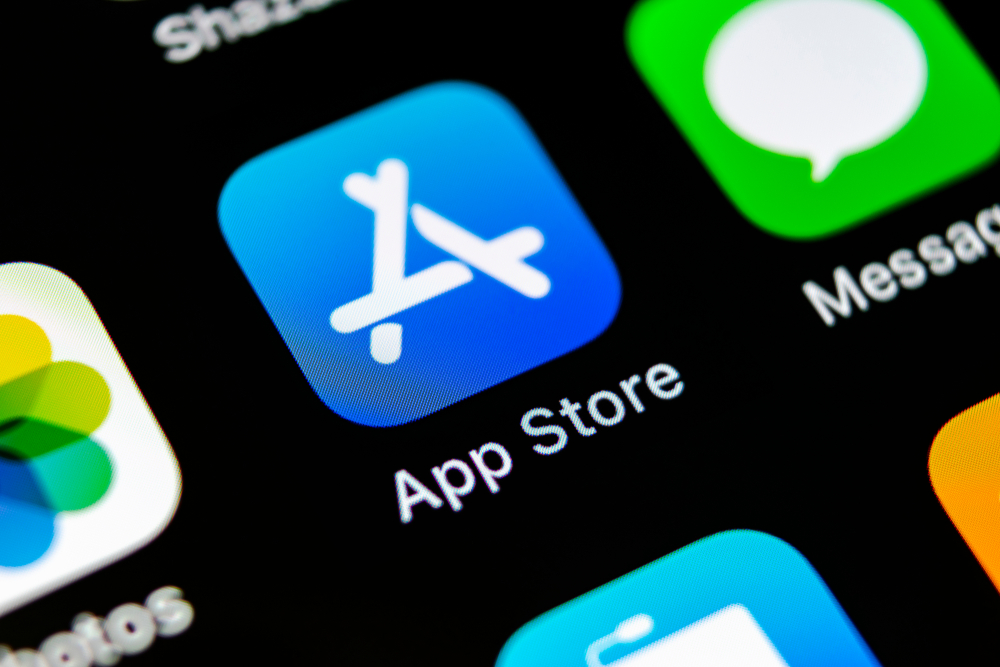Phil Schiller, head of the App Store, testified in court on Monday, revealing his initial concerns about Apple’s decision to charge a 27% commission on external purchases. He warned that this fee could create an “antagonistic relationship” between Apple and developers, as well as pose compliance risks. Additionally, he raised concerns that enforcing the fee would require Apple to audit developers to ensure they paid their dues.
Apple generally charges a 30% commission on in-app purchases. However, a legal dispute with Epic Games led to a court ruling in 2021 that required Apple to allow developers to use alternative payment methods. While Apple complied by updating its App Store guidelines, it only reduced the commission for external transactions by 3%.

Legal Disputes and Internal Debates
Epic Games CEO Tim Sweeney criticized Apple’s response, calling it a “bad faith” implementation of the ruling. The ongoing dispute brought Apple and Epic Games back to federal court, where Judge Yvonne Gonzalez Rogers is now reviewing whether Apple violated her original order.
Schiller’s testimony provided insight into the lengthy internal discussions at Apple regarding these fees. He initially opposed them, expressing concerns about the App Store’s evolving role in fee collection. He stated that Apple risked becoming a “collection agency” and that enforcing the policy could damage its relationship with developers.
Despite his reservations, Apple’s pricing committee—which included CEO Tim Cook, former CFO Luca Maestri, and Apple’s legal team—ultimately decided to proceed with the fees. The 3% reduction applied across the board, even for developers in Apple’s Small Business Program, lowering their external transaction fee from 15% to 12%.
Apple’s Strategy and Future Implications
Court documents revealed that Apple analyzed how developers might react to these fees. The company studied how friction in external payment processes could impact transaction abandonment rates. It also examined how formatting and placement rules for payment links could influence developer adoption.
Apple debated when to charge the fee, initially considering a 72-hour window after a user clicked an external link. This period was later extended to seven days before the new rules were implemented.
Lawyers suggested that Cook played a role in crafting warnings displayed to App Store users clicking external links. The initial message stated that users were “no longer transacting with Apple.” Later, the warning was revised to subtly highlight potential privacy and security risks of third-party purchases, notes NIX Solutions.
Additionally, internal discussions revealed concerns that Apple might appear to be charging developers for general web transactions. “This could be perceived as us trying to charge for what happens on the internet,” read one meeting note.
The outcome of the ongoing legal battle remains uncertain, yet we’ll keep you updated as more developments unfold.
